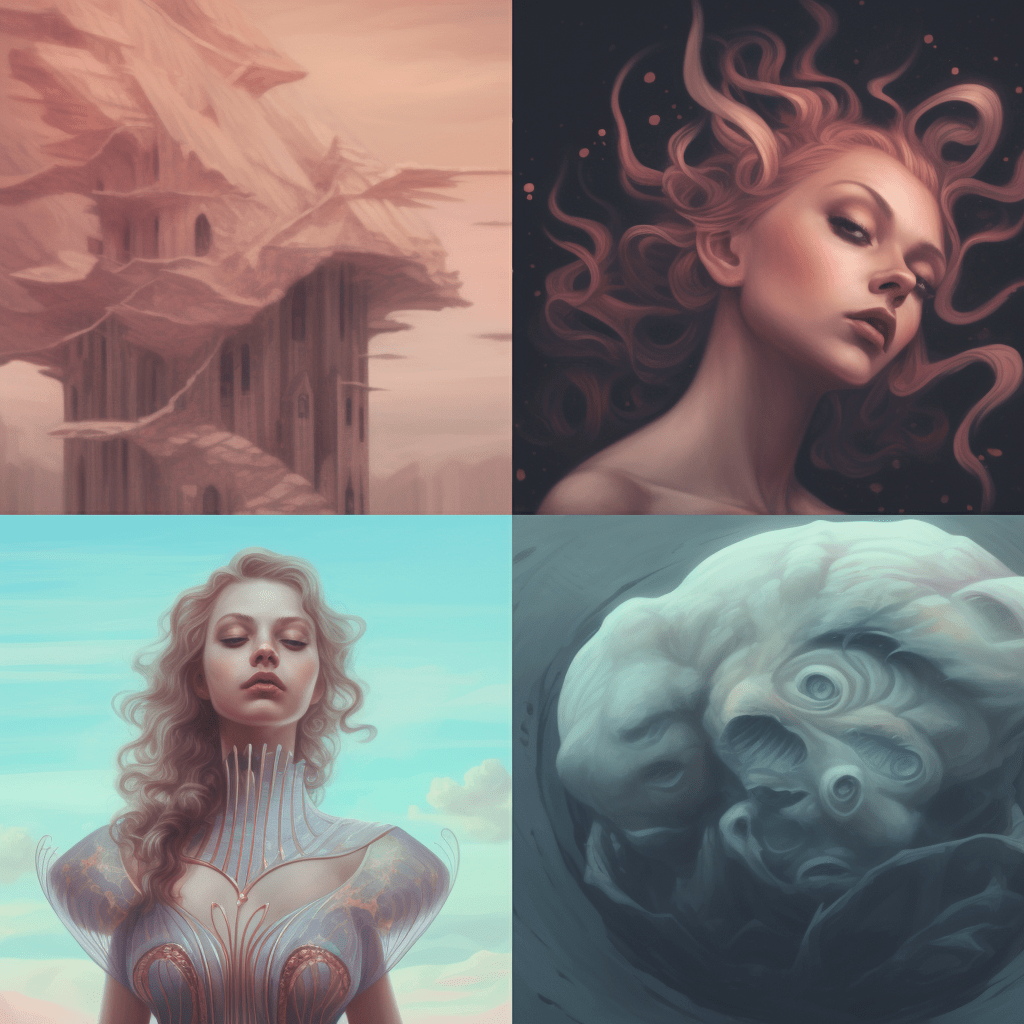As the market for non-fungible tokens (NFTs) continues to grow rapidly, artists and creators are increasingly looking for user-friendly platforms to generate, mint, and showcase their digital works. With a plethora of platforms available, making the right choice can be challenging. This article aims to compare popular NFT generation platforms, examining their respective features and capabilities to help you make an informed decision that aligns with your needs and preferences.

OpenSea
OpenSea is a widely-known NFT platform that functions as both a marketplace and a generation tool. The platform’s OpenSea Creator allows users to mint their NFTs and manage their creations directly on the site. OpenSea supports Ethereum-based tokens, including ERC-721 and ERC-1155 standards.
Key features of OpenSea include:
- Intuitive interface for minting and managing NFTs
- Compatibility with Ethereum network
- Efficient gas fee management
- Integration with popular wallet services, such as MetaMask and WalletConnect
- Importing creator royalties from other platforms
- Support for tie-in sales
- Offers collections containing multiple NFTs
Rarible
Rarible is another significant player in the NFT ecosystem, functioning both as a marketplace and a generation platform. Rarible supports Ethereum-based tokens and allows users to mint NFTs and manage their collections through an easy-to-use interface.
Rarible’s standout features are:
- Minting and managing ERC-721 and ERC-1155 tokens
- Creator-focused, with features such as integrated royalties
- Supports both fixed-price and auction-style sales
- Active community and governance token, RARI
- Integration with popular wallet services
Mintbase

Mintbase is a renowned NFT generation platform that has gained popularity for its minimalistic and user-friendly interface. Catering to Ethereum-based tokens, Mintbase allows creators to mint ERC-721 and ERC-1155 tokens. The platform also integrates with popular wallets like MetaMask and WalletConnect for smooth minting and managing.
Key advantages of Mintbase include:
- User-friendly interface for minting and managing NFTs
- Compatibility with numerous wallet services
- Supports customizable smart contracts and royalties
- Gas-efficient minting process
Cargo
Cargo is a versatile Ethereum-based platform that streamlines the creation of ERC-721 and ERC-1155 NFTs. With advanced features such as mass minting and batch transfers, Cargo is an attractive choice for creators looking to manage larger or more sophisticated NFT collections.
Notable features of Cargo:
- Minting and managing ERC-721 and ERC-1155 tokens
- Mass minting and batch transfer functionality
- Supports customizable metadata
- Integration with Ethereum-compatible wallet services
As a creator, it’s crucial to assess your unique requirements and goals when choosing an NFT generation platform. Consider factors such as the platform’s user interface, supported blockchain networks, compatibility with wallet services, available features, and community presence.
The world of NFT generation platforms is vast, offering a diverse range of options for creators longing to mint and showcase their digital art. Each platform boasts its set of features, benefits, and nuances, which makes comparing them essential. By carefully evaluating your specific needs and preferences, you can select a platform that aligns with your goals and ensures a smooth and successful NFT creation experience.
Beyond Ethereum and Cross-Chain Platforms
While Ethereum-based platforms have dominated the NFT generation landscape, there is a growing number of platforms that support alternative blockchains or offer cross-chain functionality. These platforms cater to artists and creators looking for more diverse options in blockchain networks:
- Solana-based platforms: The Solana network’s scalability and low transaction fees make it an attractive choice for NFT generation. Platforms like SolSea and Magic Eden offer creators the opportunity to mint and manage Solana NFT collections with ease.
- Binance Smart Chain-based platforms: Binance Smart Chain (BSC) has emerged as a popular alternative to Ethereum for NFT generation, given its low transaction fees and fast transactions. Platforms such as Treasureland and AirNFTs allow users to mint, manage, and sell NFTs on the BSC network.
- Cross-Chain Platforms: As the NFT ecosystem grows, the demand for cross-chain platform compatibility increases. Platforms like Arkane Market and Kanaria offer interoperability between Ethereum, Binance Smart Chain, and Polygon networks, providing a flexible environment for creators who wish to access multiple networks.

In conclusion, the array of NFT generation platforms available today boasts an abundance of options and features to cater to the diverse needs of creators. By comparing and evaluating each platform based on the user interface, supported blockchain networks, and additional features, artists can identify the most suitable platform to generate and showcase their NFTs to the world. As the NFT landscape continues to evolve, it is crucial to stay informed about emerging platforms, technologies, and trends to make the most of the potential opportunities offered by this dynamic market.
